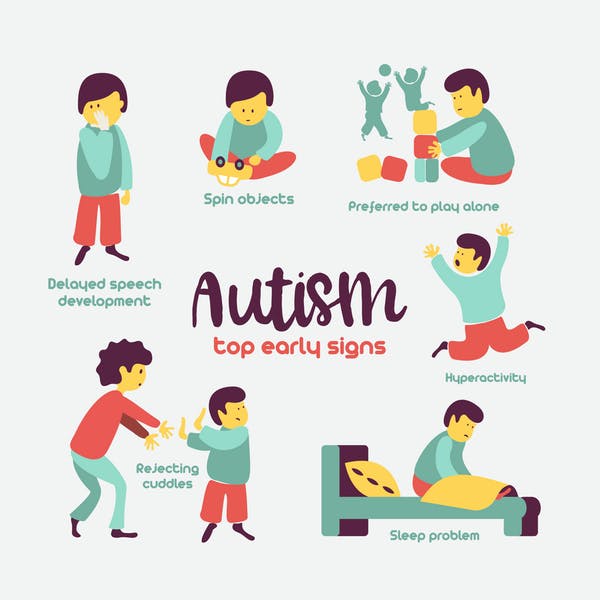Is your child entitled to extended school year services?
When I was a teacher, we used to call summer vacation “The Great Eraser of the Mind.” Retaining skills over long breaks can be challenging for anyone. But for many children with special needs, a summer without school can cause devastating and sometimes permanent setbacks, not only academically, but also behaviorally, socially and emotionally.
Our federal and state special education laws recognize that your child’s disability does not take a vacation. As a result, a school district’s obligation to provide qualified students with a Free and Appropriate Public Education (FAPE) doesn’t end in June. As parents, we need to understand the laws related to Extended School Year (ESY) services so that we can be effective advocates for our children all year round.
What is Extended School Year?
The federal Individuals with Disabilities in Education Act (IDEA) defines Extended School Year services as “special education and related services that are provided to a child with a disability beyond the normal school year… in accordance with the child’s Individualized Educational Plan (IEP), and at no cost to the parents.”
In other words, your child’s IEP team must determine each year whether she needs to receive services beyond the typical 180-day school year. A common myth about ESY is that it only applies to summer vacation. This is false. Some children require services before or after the regular school day, or over other school vacations.
Remember, the “I” in IEP is Individualized. Schools cannot impose blanket limits on ESY services, such as “only over the summer” or “never before school.” Another common myth is that all children with IEPs are legally entitled to ESY services. This is also false. Eligibility depends on the particular needs of the student.
Is Your Child Eligible for ESY Services?
IDEA does not tell us how to determine which children with IEPs are eligible for ESY services. That job is left to the states. But no matter which state you live in, a few things are universal:
- There is no one-size-fits-all rule for ESY services.
- IEP teams must consider many factors.
- The team must base the decision on your child’s individual needs.
Here’s how Delaware, Pennsylvania and New Jersey define ESY eligibility:
|
Delaware • Without extended school year services, will appropriate and meaningful progress on IEP goals and objectives be achieved, given the nature or severity of the student’s disability? • Does the student have a consistent pattern of substantial regression in critical skill areas after interruptions in programming, and is the time the child requires to re-learn the skills so significant as to preclude educational progress? • Will the attainment of a nearly acquired critical skill be significantly jeopardized over the summer break without ESY services? • For children ages 16-20 whose IEPs contain vocational or employment goals and objectives, would paid employment opportunities be significantly jeopardized if training and job coaching are not provided during the summer break? • Do any special or extenuating circumstances exist that justify provision of extended school year services? |
Pennsylvania In Pennsylvania, a student’s eligibility for ESY services must be considered at every IEP meeting. And while no single factor is determinative, the IEP team must consider each of the following: • Regression: Will the student revert to a lower level of functioning because of an interruption in educational programming? • Recoupment: Can the student recover those skills to a level demonstrated prior to the interruption of programming? • Will the program interruption occur when the student is on the verge of mastering an important skill or behavior? • Is the student’s disability severe, such as autism/pervasive developmental disorder, serious emotional disturbance, severe mental retardation, degenerative impairments with mental involvement and severe multiple disabilities? Pennsylvania law also makes clear that the need for ESY services will not be based on the desire or need for: • Day care or respite care services ESY for ‘Severe Disabilities’ In Pennsylvania, students with “severe disabilities” (e.g., autism/pervasive developmental disorder, serious emotional disturbance, severe mental retardation, degenerative impairments with mental involvement and severe multiple disabilities) are entitled to an expedited determination of ESY eligibility. For these students: (1) An IEP meeting discussing ESY eligibility must occur no later than Feb. 28 of each school year. (2) The Notice of Recommended Educational Placement (NOREP) regarding ESY must be issued no later than March 31. |
|
|
Under New Jersey law, ESY services must be provided when “an interruption in educational programming would cause the student’s performance to revert to a lower level of functioning and recoupment cannot be expected in a reasonable length of time.” |
||
Joshua M. Kershenbaum, Esq. is a special education attorney with Frankel & Kershenbaum, LLC in Montgomery County, PA. He practices law in PA and NJ. www.davefrankel.com

 New Jersey
New Jersey




